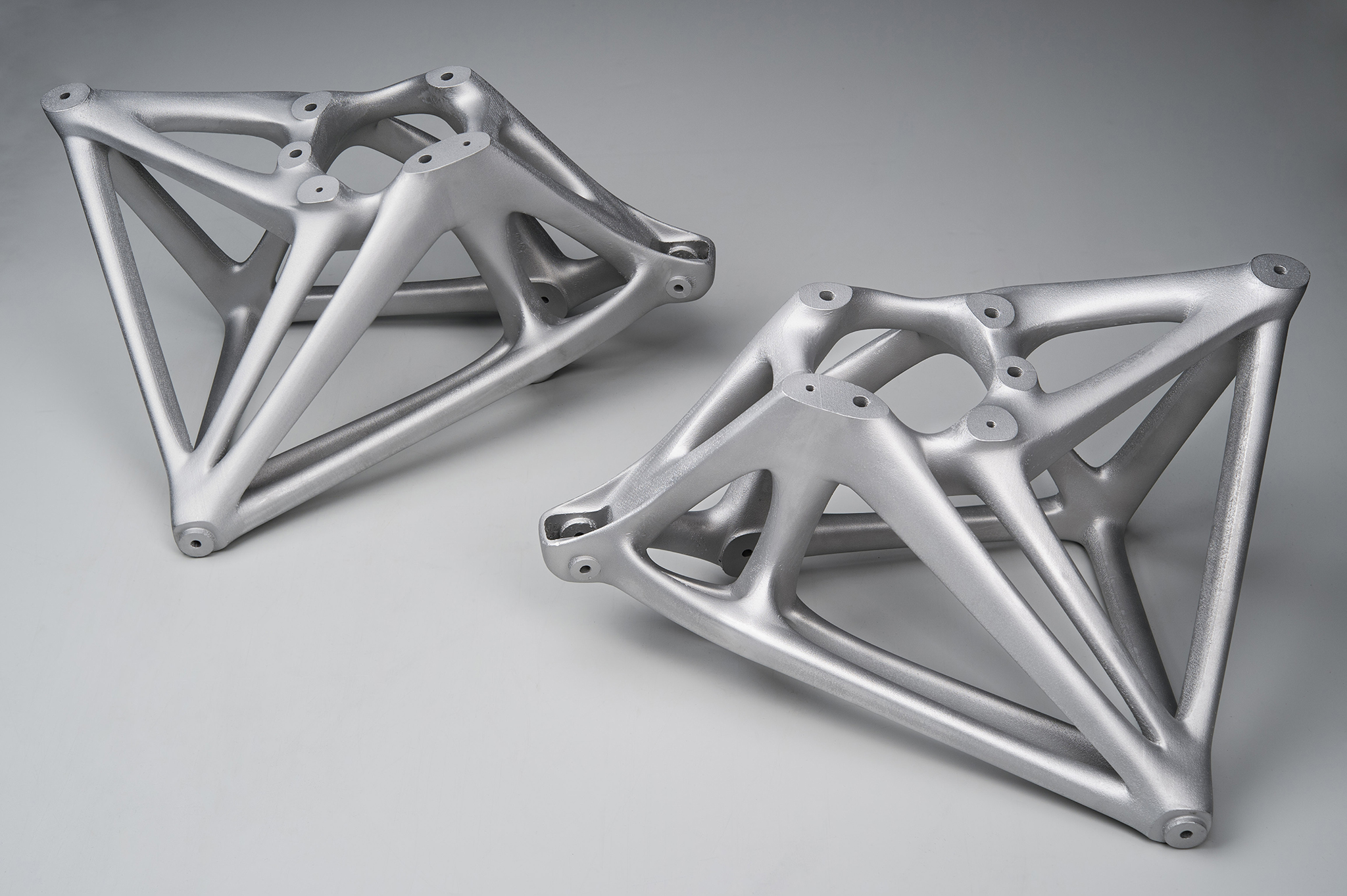A new four years Additive Manufacturing (AM) technology programme has started at the Metal Additive Manufacturing Technology Centre (MAMTeC) at NLR in Marknesse. Royal NLR will work with a consortium of partners on certification of critical metal AM components. The new programme is a follow-up of the successful first metal AM programme which ran from 2015 to 2018 and was focussed on the laser powder bed fusion method (L-PBF). For the new programme, the MAMTeC will be extended with a BeAM Modulo 400 machine dedicated to manufacture and repair parts according to the Directed Energy Deposition (DED) process.
The new programme focuses on the certification of critical AM components for instance for aerospace, oil & gas, high-tech/high-spec industry, defence, and automotive applications. Especially these markets will have a great benefit from reduced weight, increased performance and higher efficiency that metal-AM can offer. To fulfil the stringent certification requirements, a qualified and stable manufacturing process is required. Therefore, research into the application of in-situ process monitoring systems will be an important part of the programme.
Another important part of the work during the programme will be related to the metal AM process simulation (virtual manufacturing) for both L-PBF and DED in order to gain insight into the temperature profile during processing. As a result, the residual stresses in the AM product can be predicted and an optimal AM production approach can be designed. Main target of the simulation is to establish a “first time right” manufacturing procedure.
Various materials will be investigated and test programmes will be executed to define the material properties of high performance materials such as Titanium and Nickel based Super alloys.
Participants of the new Public Private Partnership project are Oerlikon, Shell, Patria (Finland), BeAM (France), The Dutch Ministry of Defence, Thales, Aeronamic, KIMS (Korea) and Mokveld Valves.
For more information also visit our Metal Additive Manufacturing capability page and read our Large-scale application of metal additive manufacturing article.



